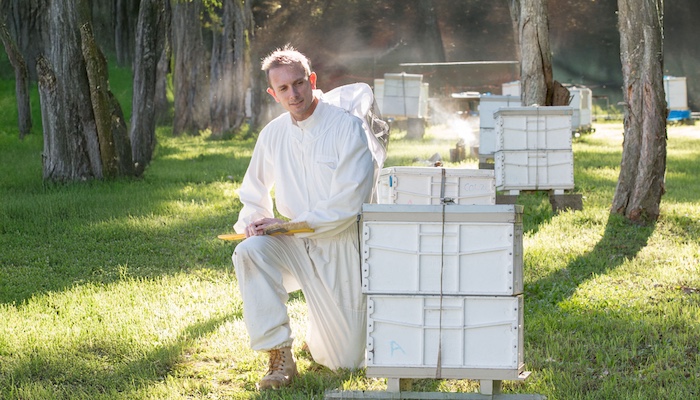“I can resist everything except temptation” Oscar Wilde.
Research has shown that attention and reaction can affect drinking and smoking. Now a new study is looking further into how this works, in understanding craving, and how exactly state of mind affects substance use.
In 2012, researchers at the University of Georgia found that the heaviest drinkers were people who reacted most strongly to good or bad moods. When it came to having problems in life because of their drinking, the worst off were the people who had trouble controlling their reaction to bad moods and those who didn’t plan well for the future.
The researchers also looked at participant’s basic level of mindfulness and found that people who were more aware of their actions, and tended to accept their experience instead of judging or reacting to it, had fewer problems because of drinking (Murphy & MacKillop, 2012).
At Macquarie University, researchers are now taking this further – to look at whether untrained skill or specific training in mindfulness makes a difference to people’s ability to cope with emotions and with craving.
The team is looking for smokers to take part, so they can find out how the research applies to addiction more broadly. If they can see what it is about mindfulness that works, they can use this to improve addiction treatments and outcomes for society.
The study is open for one more week. Participants need to smoke or drink alcohol (12 or more drinks a year) to be eligible, and as a thank you for your time you can go in the draw to win a book voucher worth $50. This online study is completely anonymous and takes about 30 minutes.
Go to https://macquariehs.qualtrics.com/SE/?SID=SV_38F0tN3hPUiJ0cB to sign up or for more information.
Research has shown that attention and reaction can affect drinking and smoking. Now a new study is looking further into how this works, in understanding craving, and how exactly state of mind affects substance use.
In 2012, researchers at the University of Georgia found that the heaviest drinkers were people who reacted most strongly to good or bad moods. When it came to having problems in life because of their drinking, the worst off were the people who had trouble controlling their reaction to bad moods and those who didn’t plan well for the future.
The researchers also looked at participant’s basic level of mindfulness and found that people who were more aware of their actions, and tended to accept their experience instead of judging or reacting to it, had fewer problems because of drinking (Murphy & MacKillop, 2012).
At Macquarie University, researchers are now taking this further – to look at whether untrained skill or specific training in mindfulness makes a difference to people’s ability to cope with emotions and with craving.
The team is looking for smokers to take part, so they can find out how the research applies to addiction more broadly. If they can see what it is about mindfulness that works, they can use this to improve addiction treatments and outcomes for society.
The study is open for one more week. Participants need to smoke or drink alcohol (12 or more drinks a year) to be eligible, and as a thank you for your time you can go in the draw to win a book voucher worth $50. This online study is completely anonymous and takes about 30 minutes.
Go to https://macquariehs.qualtrics.com/SE/?SID=SV_38F0tN3hPUiJ0cB to sign up or for more information.



